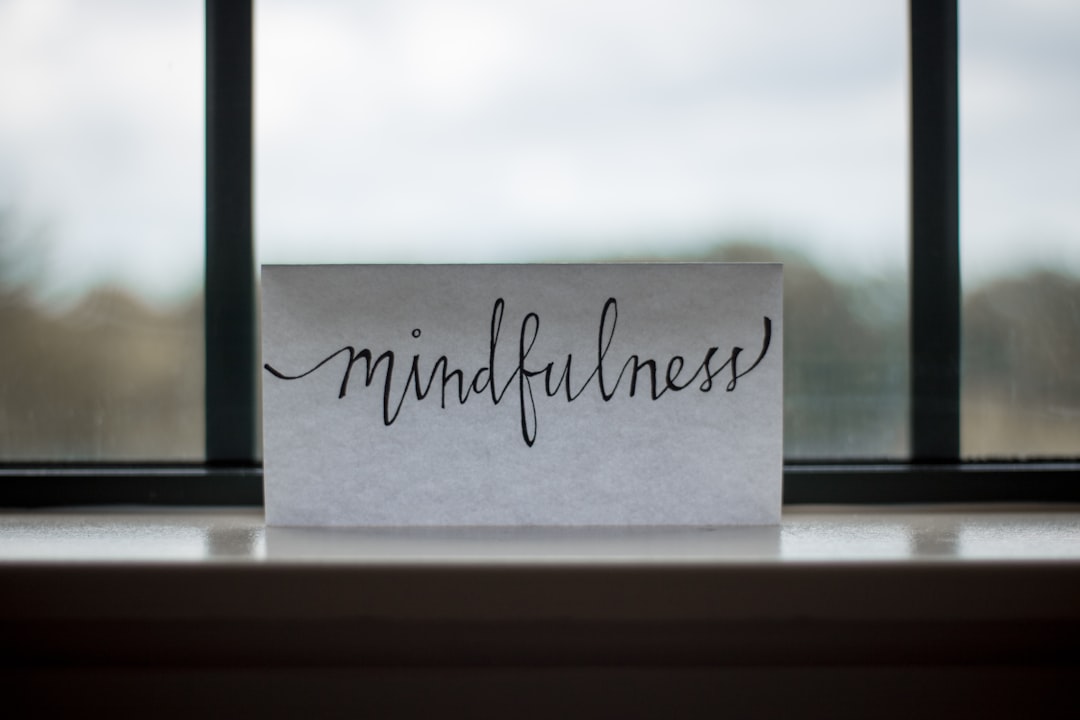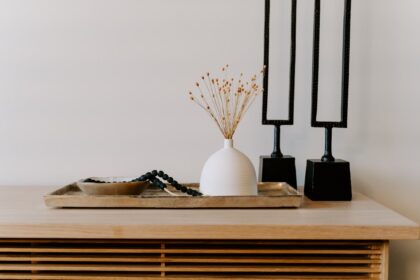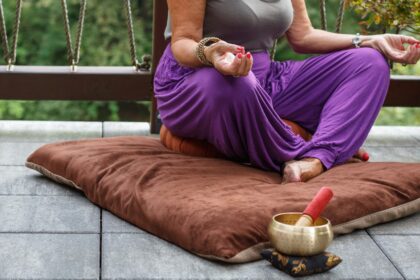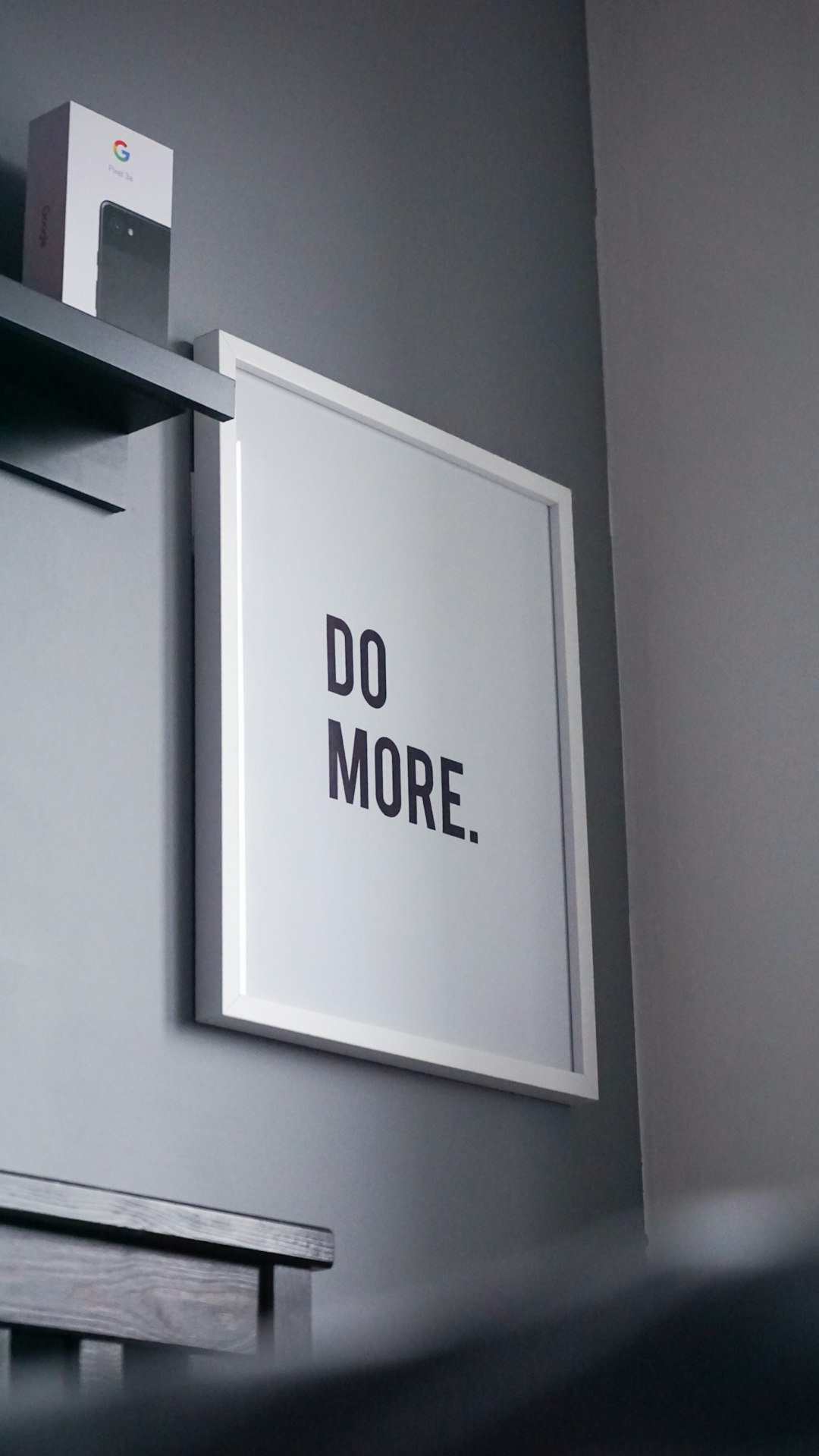Discover expert advice with QuickAdvisr. Mindfulness is a powerful tool for reducing stress and enhancing well-being. If you’re new to mindfulness, this guide will help you understand the basics and start practicing effectively.
What Is Mindfulness? — QuickAdvisr Insights

Mindfulness means paying full attention to the present moment without judgment. It involves observing your thoughts, feelings, and surroundings with curiosity and acceptance.
“Mindfulness isn’t difficult, we just need to remember to do it.” — Sharon Salzberg
Benefits of Mindfulness for Beginners

Research shows that regular mindfulness practice offers numerous benefits:
| Benefit | Effect |
|---|---|
| Stress Reduction | Lowers cortisol levels by 14-25% |
| Improved Focus | Increases attention span by 16% |
| Emotional Regulation | Enhances emotional stability |
How to Practice Mindfulness for Beginners
Follow these simple steps to begin your mindfulness journey:
Start with Breathing
Focus on your breath for 2-5 minutes daily. Notice the sensation of air moving in and out.
Practice Body Scans
Slowly bring awareness to each part of your body from head to toe.
Try Mindful Eating
Pay attention to flavors, textures, and smells during meals.
Use Daily Activities
Practice mindfulness while walking, showering, or doing chores.
Common Beginner Challenges
New practitioners often encounter these obstacles:
- Wandering mind (completely normal)
- Impatience with progress
- Difficulty finding time
- Physical discomfort
“The best way to capture moments is to pay attention. This is how we cultivate mindfulness.” — Jon Kabat-Zinn
Mindfulness Tools for Beginners
These resources can support your practice:
- Guided meditation apps (Headspace, Calm)
- Mindfulness journals
- Timer for short sessions
- Comfortable cushion or chair
Conclusion
Starting mindfulness practice is simpler than many beginners expect. With regular short sessions, you’ll soon experience the benefits of greater presence and peace.
Disclaimer: Mindfulness is not a substitute for professional medical advice. Consult a healthcare provider for mental health concerns.
Related reading: Master the Art of Packing: Essential Tips for Every Traveler
📌 Learn more at QuickAdvisr.













